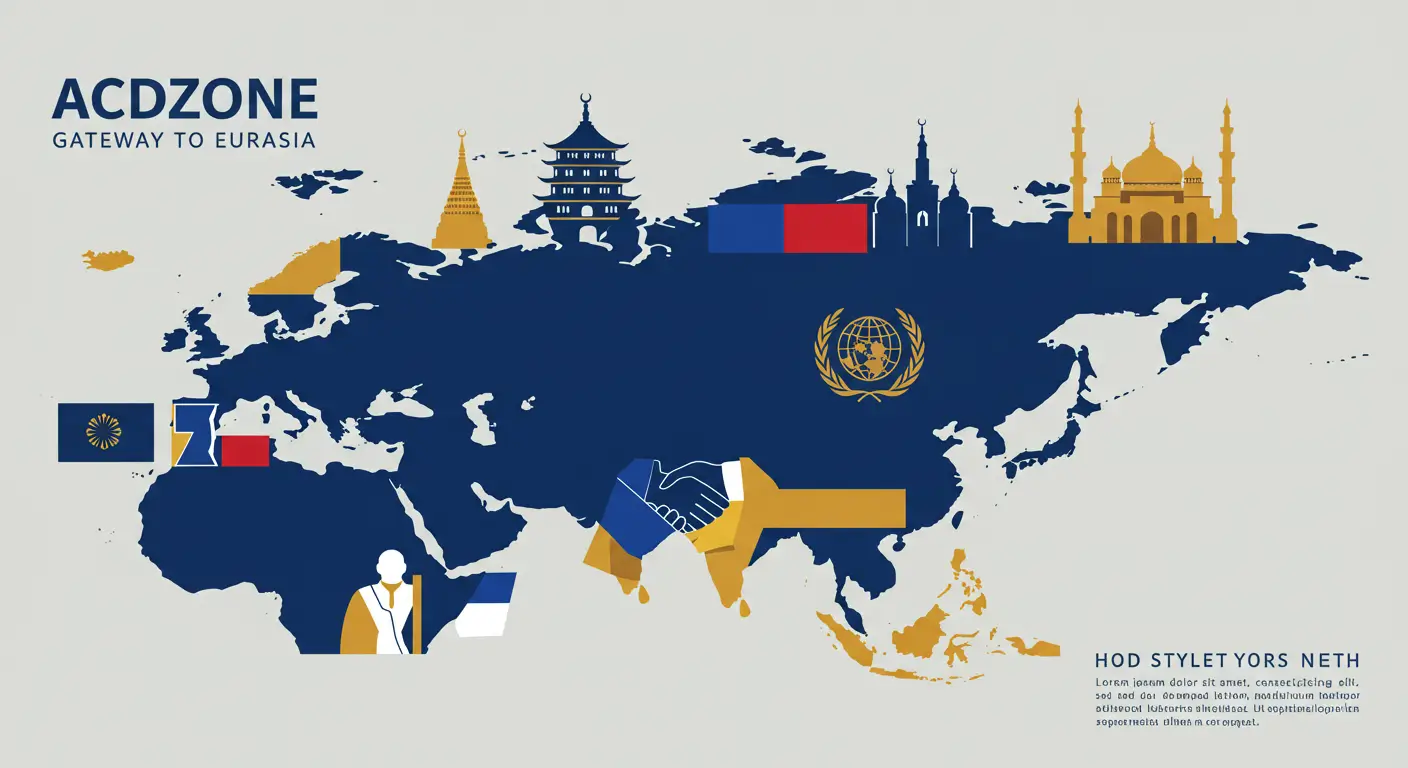Vietnam Culture and Traditions
Vietnamese culture is a unique blend of ancient Southeast Asian traditions, Confucian influences from China, and modern global impacts. This rich culture has developed over centuries and is vividly present in the daily life of the Vietnamese people. Vietnam’s customs reflect a deep respect for family, community, and nature, which remain the core foundation of its national identity.
Historical and Cultural Roots
With a history spanning thousands of years, Vietnam’s culture has been enriched by influences from China, India, and neighboring civilizations. The introduction of Confucianism, Buddhism, and Taoism has shaped the Vietnamese mindset and social values, emphasizing respect for elders, the importance of family, and harmony in society.
Customs in Daily Life
Vietnamese customs manifest in every aspect of daily life—from dining etiquette and hospitality to the celebration of festivals and ceremonies. Respect for elders is evident in speech, behavior, and even seating arrangements during meals. Maintaining social harmony and avoiding conflict are deeply valued principles reflected in everyday interactions.
Traditional Festivals and Rituals
The Vietnamese Lunar New Year (Tết) is the most significant cultural festival, celebrated with special customs, traditional foods, and family visits. The festival highlights honoring ancestors, praying for prosperity, and starting anew. Regional festivals and religious ceremonies further illustrate Vietnam’s rich ethnic and cultural diversity.
Language and Arts
The Vietnamese language, with its ancient roots and diverse influences, is a key cultural element. Traditional arts such as folk music, local dances, and handicrafts convey stories and values passed down through generations. Contemporary Vietnamese art blends tradition and innovation across visual arts, cinema, and literature.
Role of Religion and Spirituality
Religion plays a vital role in Vietnamese culture. A blend of Buddhism, Confucianism, Taoism, and indigenous beliefs gives Vietnamese spirituality a colorful and multifaceted nature. Temples and sacred sites across the country serve as centers for religious and cultural gatherings, strengthening community bonds.
Impact of Modernity and Globalization
With expanding global communication and economic changes, Vietnamese culture is evolving. Young people display a mix of tradition and modernity in fashion, music, and lifestyle. However, deep-rooted cultural values and respect for age-old customs remain an inseparable part of Vietnamese life.
Conclusion
Vietnamese culture bridges tradition and modernity, creating a unique and enduring identity grounded in respect for ancient values and openness to innovation. Its customs, especially in daily life and festivals, reflect social cohesion, family respect, and a profound connection to history and nature.





No comment